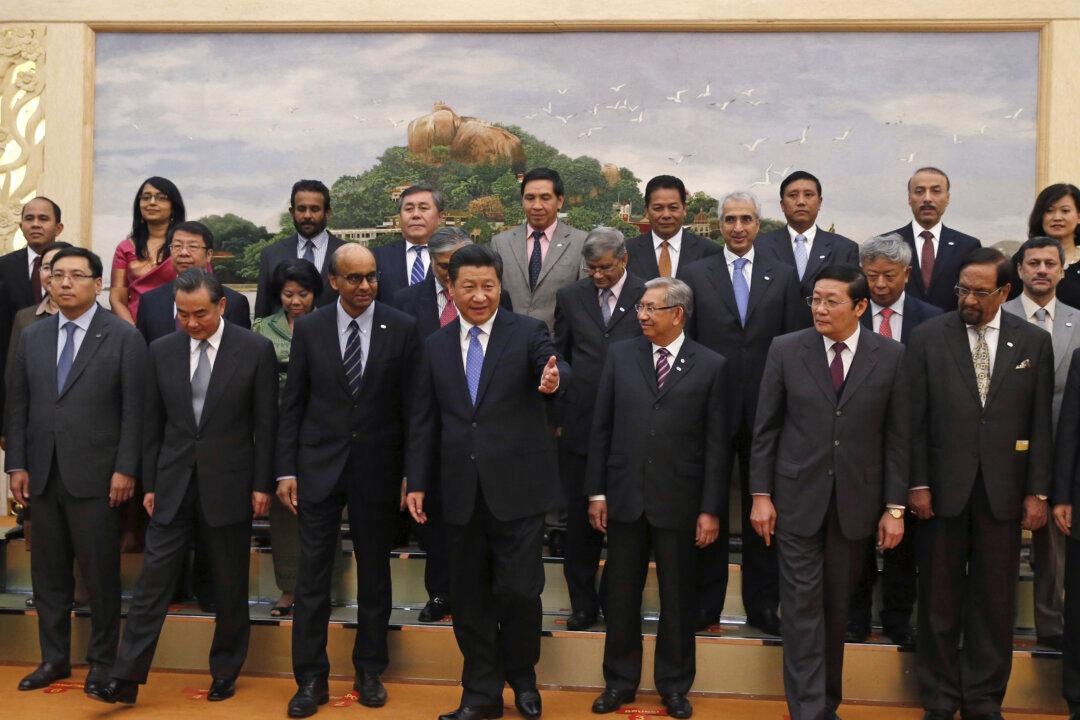The controversy over the Asian Infrastructure and Investment Bank escalated during the week ending March 20, even though the entity isn’t even set up yet and doesn’t even have a website.
During the week, several European nations—United Kingdom, Germany, Italy, and France—said they would join the China-led institution and play a part in funding infrastructure development in Asia through AIIB lending.
In a key blow to the Obama administration, ally Australia also said it would start negotiations to join. A blow because Washington repeatedly pressured its allies not to join the bank chaired by China and India.





